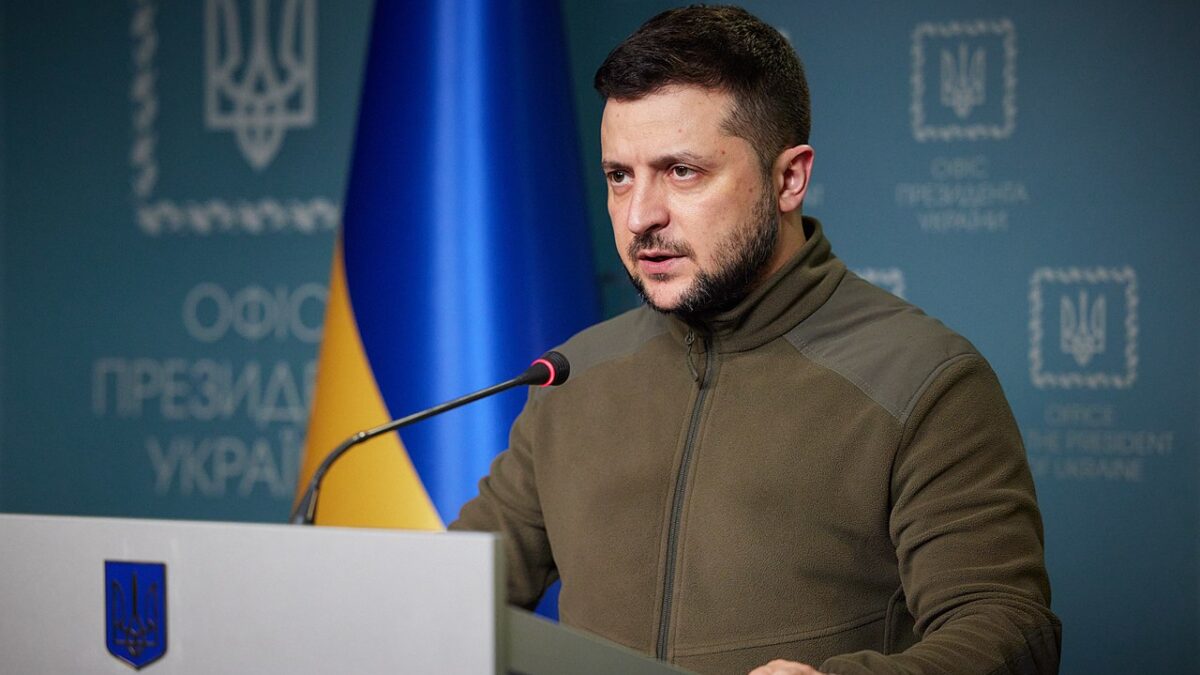In Washington, D.C., the North Atlantic Treaty Organization (NATO) is the equivalent of a foreign policy holy sacrament. To listen to many policymakers and foreign policy commentators, you would think NATO is as essential to America as our Constitution, apple pie, or baseball.
Questioning its continued utility in the post-Cold War era — or its further expansion — elicits accusations of being everything from un-American to a Putin stooge. This has made it almost impossible to have a substantive discussion about a military alliance designed to deter the threat of the Soviet Union — a country that hasn’t existed for more than 30 years.
Look no further than the fact that only one senator, Josh Hawley, voted against the accession of Finland and Sweden to NATO in June. Hawley rightly questioned whether it was wise to extend America’s security umbrella to two wealthy European welfare states that have been safe and secure as neutral nations for more than 70 years, especially considering other pressing challenges at home and abroad. The bipartisan vitriol hurled at Hawley for his reasonable stance showed that Washington is far from ready to discuss the future of the NATO alliance like adults.
This wasn’t always the case. The United States was a nation founded on a suspicion of permanent alliances, especially with Europe. George Washington in his farewell address advised “to steer clear of permanent alliances with any portion of the foreign world…” and specifically against “interweaving our destiny with that of any part of Europe.” This approach to alliances guided American foreign policy for most of our history and kept us out of the chaos of 19th-century Europe.
There is good reason for our leaders to revisit the wise words of our first president. Just last week, Ukrainian President Volodymyr Zelensky demanded an accelerated accession to NATO, claiming that Ukraine is already a de facto member of the alliance. Due to the collective defense obligations of NATO members spelled out in Article 5 of the North Atlantic Treaty, this could mean committing America’s sons and daughters to fight in an ongoing war with a nuclear-armed Russia.
In a diplomatic cable dispatched in 2008, then-U.S. ambassador and current CIA Director William Burns wrote, “NATO enlargement, particularly to Ukraine, remains an ‘emotional and neuralgic’ issue for Russia.” For the United States, however, there are simply no vital American interests at stake that warrant a nuclear showdown with Moscow.
Allowing Ukraine to join NATO — and thereby committing America’s full military arsenal to the negligible matter of who governs the Donbas — would significantly raise the possibility of nuclear devastation. It is therefore essential that American policymakers firmly reject Ukraine’s demands to join NATO while slamming shut the “open door” policy offered at the 2008 Bucharest Summit.
Even absent the current conflict, NATO membership for Ukraine would be costly to Americans. According to a report published by the Center for Strategic and International Studies prior to the launch of the current Russian invasion, the upfront costs would be up to $27 billion with annual costs totaling up to $11 billion for American taxpayers if Ukraine joins NATO. The United States military would also be required to permanently deploy tens of thousands more troops to Europe, which would further strain a military that is already over-tasked around the world and facing significant challenges with recruiting.
A further expansion of NATO and increased deployment of U.S. troops to Europe would also encourage more European free-riding. Already, rich European states that should have more of a stake in what happens in Eastern Europe are contributing significantly less than the United States to the defense of Ukraine.
Worse, promised defense spending increases by countries such as Germany may not materialize. And why would they? The United States has doubled down in Europe, spending tens of billions of dollars and deploying more troops to Eastern Europe to support Ukraine and reassure nervous allies. None of this has been fixed to greater defense spending by our NATO allies. The Europeans have no incentive to stop treating Uncle Sam like Uncle Sucker.
For these reasons, it should be a no-brainer for America’s leaders to permanently slam the door on the possibility of Ukraine joining NATO. But for many, blind loyalty to NATO trumps common sense.
Rep. Mike Quigley, D-Ill., told Politico he supports Ukraine’s rapid accession to NATO, despite the ongoing war. House Speaker Nancy Pelosi, while not specifically endorsing NATO membership for Ukraine, did say she supports a “security guarantee” for the country, which could be granted through NATO. Even the Biden administration, while not endorsing rapid accession to NATO, did keep the door open for their membership at a later date.
American leaders should put the interests of the American people first — and certainly before those of an alliance that long ago outlived its original purpose. Putting Ukraine under America’s security umbrella through NATO would lead to disastrous results. Beyond the risk of a nuclear conflict, spending tens of billions of dollars to expand NATO to Ukraine or other European countries is foolish during a time of record inflation, a $30 trillion national debt, and the rising threat of China in Asia.
The American people are owed a much more serious evaluation of NATO and its continued utility than the emotional nostalgia that dominates the discourse in policymaking circles.









